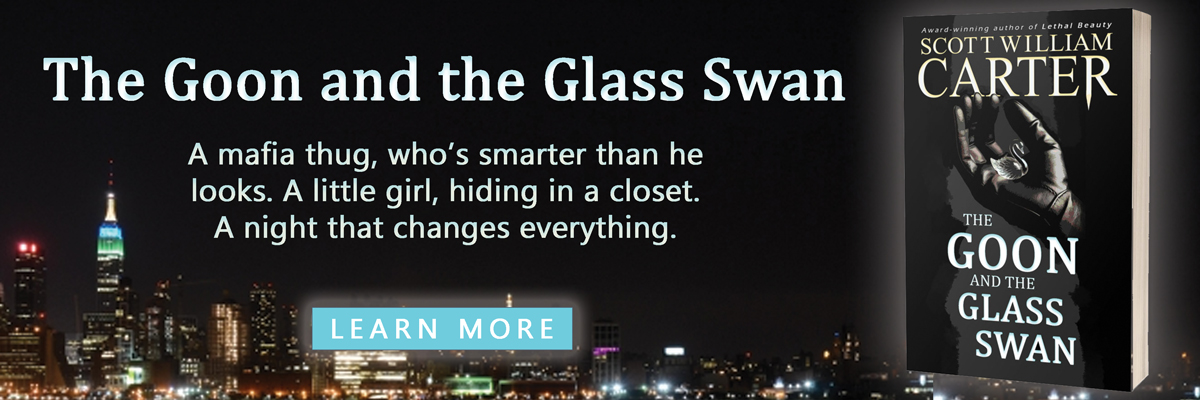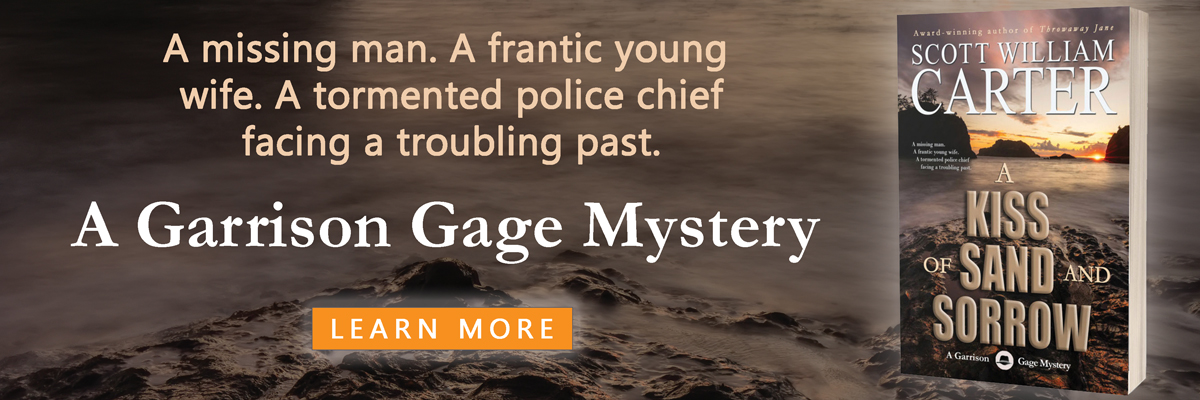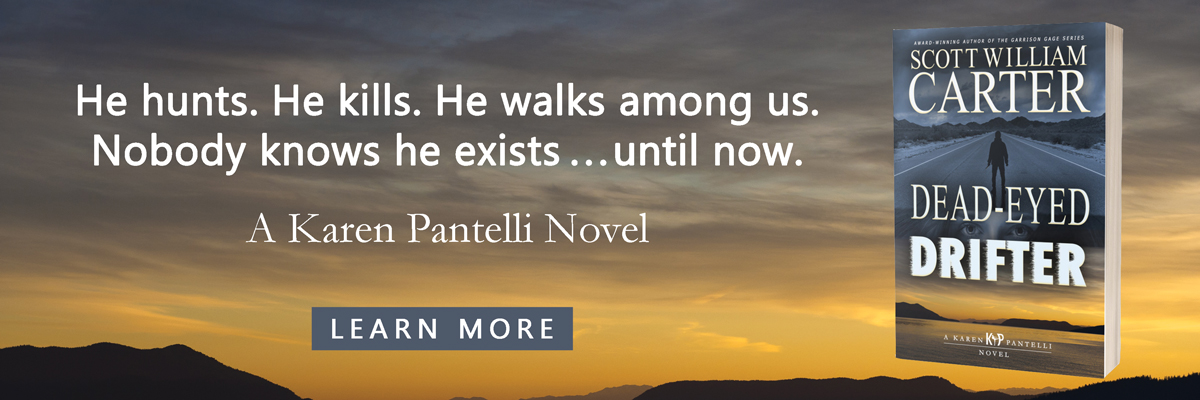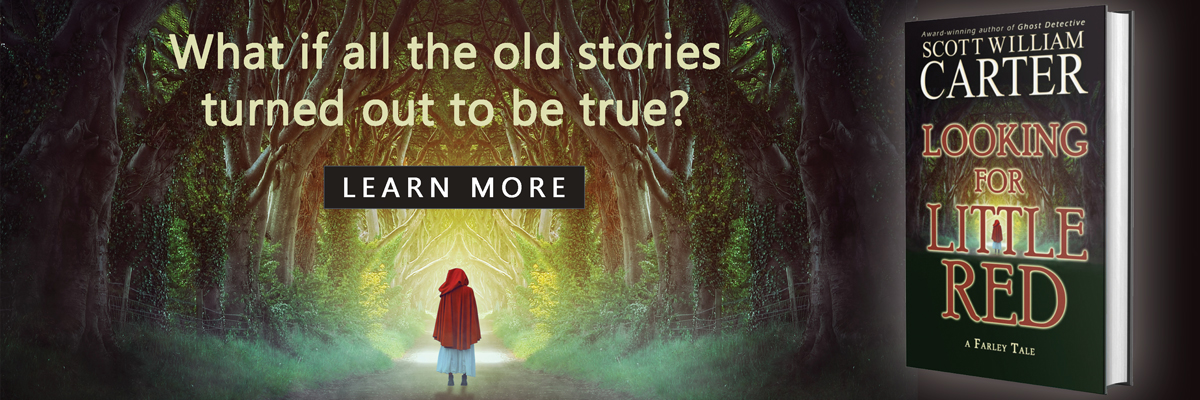There was an interesting discussion that started over on another writer’s blog essentially about how few writers make a living in science fiction and fantasy. Well, it’s true. Outside the shining lights like J.K. Rowling, Stephen King, and a few others, science fiction and fantasy has pretty much the lowest advances among all the major genres. While a lot of first time novelists in sf/f are getting between $5000 and $7500, and that’s from the major publishing houses (small presses are a heck of a lot less), first time romance and mystery writers often get a lot more. Which is what got me thinking about the writers I know who are making a living strictly from their fiction. What do they have in common? If we forget the bestsellers for a moment (yes, all writers without the garret mentality would love to be bestsellers, but that’s not something you can control), how does your competent journeyman fiction writer live off his or her work? While not mentioning any names, here’s a few conclusions I’ve drawn:
1. They’re prolific.
It’s a job to them and they treat it as such. Many of these writers crank out a minimum of four to five books a year — on top of short stories, articles, and other writing. Seem like a lot? Not really. Let’s say you average three pages of copy an hour, or about 750 words. In my experience, this is on the low end of what most professionals produce, but let’s err on the side of caution. If you work four hours a day at the actual writing (you’ll need time for all the other activities that being a professional requires), that’s three thousand words a day. Do it five days a week, just like, you know, a regular job, and you’ve written 15,000 words. Do it twenty days a month, leaving yourself a couple days off for holidays and such, and you’ve got yourself sixty thousand words. That’s technically a novel writer right there, though it’s a pretty short for most genres. But let’s say we assume an average of 80,000 words. That’s still nine novels a year. Of course, abandoned manuscripts, redrafts, short stories, and other things will most likely eat up some of that total, but you can see that four to five books a year is not really that big of a deal — not if you’re working at it full time. And many writers manage to do this with day jobs.
2. They’re willing to write in multiple genres.
If you limit yourself to science fiction and fantasy, you’re going to find it a tough road making a living. This is partly because of the low advances (the advances are justifiably low because sf/f accounts for something like 7% of the fiction market, where as romance is around 35%, mystery 25%, and general fiction 25%) and partly because it’s really tough finding homes for four to five books a year just in sf/f. And the sandbox is so large, why limit yourself? Personally, I think it’s a lot more fun writing across the genres. Remember, also, that you can write sf/f and market them to other genres. Books like The Sparrow and The Lovely Bones could have just as easily been marketed as sf/f, but because they were sold as mainstream books, they sold probably a hundred times as many copies, if not more. Probably a lot more.
3. They’re willing to write under pseudonyms.
Oh, boy, this is a big one for some folks. Some writers are so tied up with their own names that they just couldn’t bear to write under another. Too much ego involved. But in today’s publishing world, with buying to net and detailed inventory tracking, fiction writers find it tough to write under their own names their entire career. The big box retailers want bestsellers now and they’re not willing to wait. If your sales don’t show a steady improvement with each book, you eventually won’t find any takers, requiring you to either sell to the small press or start over under another name. Most professionals, since they’re living off this income, take the later route. And again, if you’re prolific, you’re going to need to write under pseudonyms anyway. The good news is that each name becomes its own independent business, so if one name tanks, you’ve still got others.
4. They’re often not only willing, but eager to take media tie-in work.
What, and sully their good name? Never! But most professional fiction writers would much rather be writing media tie-in fiction (Star Trek, Stars Wars, Battle Tech, etc.) than working a day job like the rest of us stiffs. And most of them, believe it or not, actually enjoy writing these books. One of my first sales was a Star Trek short story, and I had a blast. It was as if somebody gave me little action figures from a show I loved while I was in high school, and told me they’d pay me to play with them.
What I also find interesting are the folks who routinely bash media tie-in books often have never read any of them — or they miss the obvious, which is that reading fiction is an optional activity, and if somebody wants to get a Star Trek or Star Wars fix by reading a book, then that’s what the market dictates. It’s not because, as some jilted writers would suggest, those “stupid publishers” are killing the midlist by filling it up with media tie-in books. No, dummy, that’s what readers want.
And wouldn’t you know it, many of these readers go on to read “original” books as well. I know that when I was in elementary school, I read a lot of comic books and media tie-in books, because the reading was easy and it was fun, and it was one of the reasons I got hooked on reading at all. And I still occasionally read comic books and media tie-in books for the same reason.
5. They’re smart about the business side of publishing.
Seems like a no brainer, but it’s amazing how few writers do. If you want to make a living as a plumber, you’re going to learn everything about your trade, right? Most professionals regularly read the trades (Publisher’s Weekly, Locus, Romantic Times, Mystery Scene, Publisher’s Marketplace) to keep up with what’s happening in publishing. On top of this, though they’re artists, and care about their work, they realize that to make a living they’re also creating a product (we pause now for a moment of screaming from the literati), and that they have to treat it like a product if they want to make a living.
6. They’re constantly striving to get better.
This one goes hand in hand with the last one. Most of the writers I know making a living in this field are also the ones who are always striving to get better. They attend conferences. They read books on writing. They study the works of other writers (usually ones selling better then them). Often, they teach, and this is partly because teaching something is one of the best ways to learn it.
7. They have agents who want prolific writers and understand how to work with them.
A good agent can help make a writer’s career. A bad agent can sink it. A professional writer seeks out the former and avoids the latter — and if they find themselves with the latter, they get one of the former. It’s nothing personal. Remember, an agent just helps sell the work. There are some great agents who don’t want their writers to write more than one book a year, but for the prolific writer wanting to make a living in this field, these are not the agents for them. Fortunately, there are a lot of agents out there who see prolific writers as a good thing. And why shouldn’t they? If you have a writer who’s prolific, professional, knows the business, and is constantly striving to get better, wouldn’t you rather have more books from them? Look where these qualities took somebody like Nora Roberts. You don’t like her work? You sneer down at it as merely romance? Fine, it’s your loss. But no good agent in the business wouldn’t want her as a client.
All of this fits in line with my own aspirations, and the way I try to approach the craft. Because yes, even though you’ve got to treat writing fiction as a business if you hope to make a living at it, it doesn’t mean it isn’t also a craft. A passion. An obsession. Call it what you will. But if you’re an aspiring professional, the more of these qualities you possess, the greater your chances of making a living as a fiction writer.




